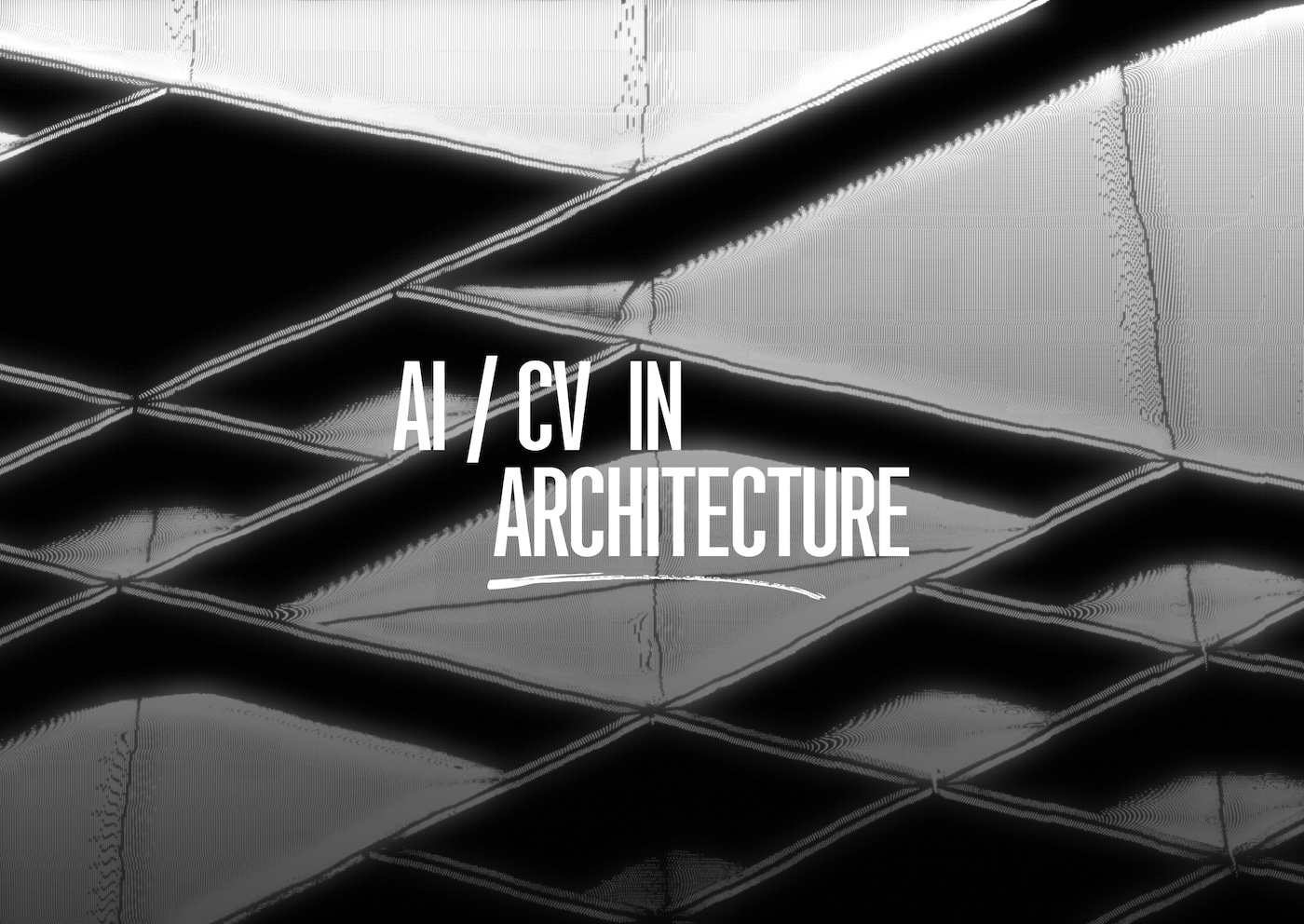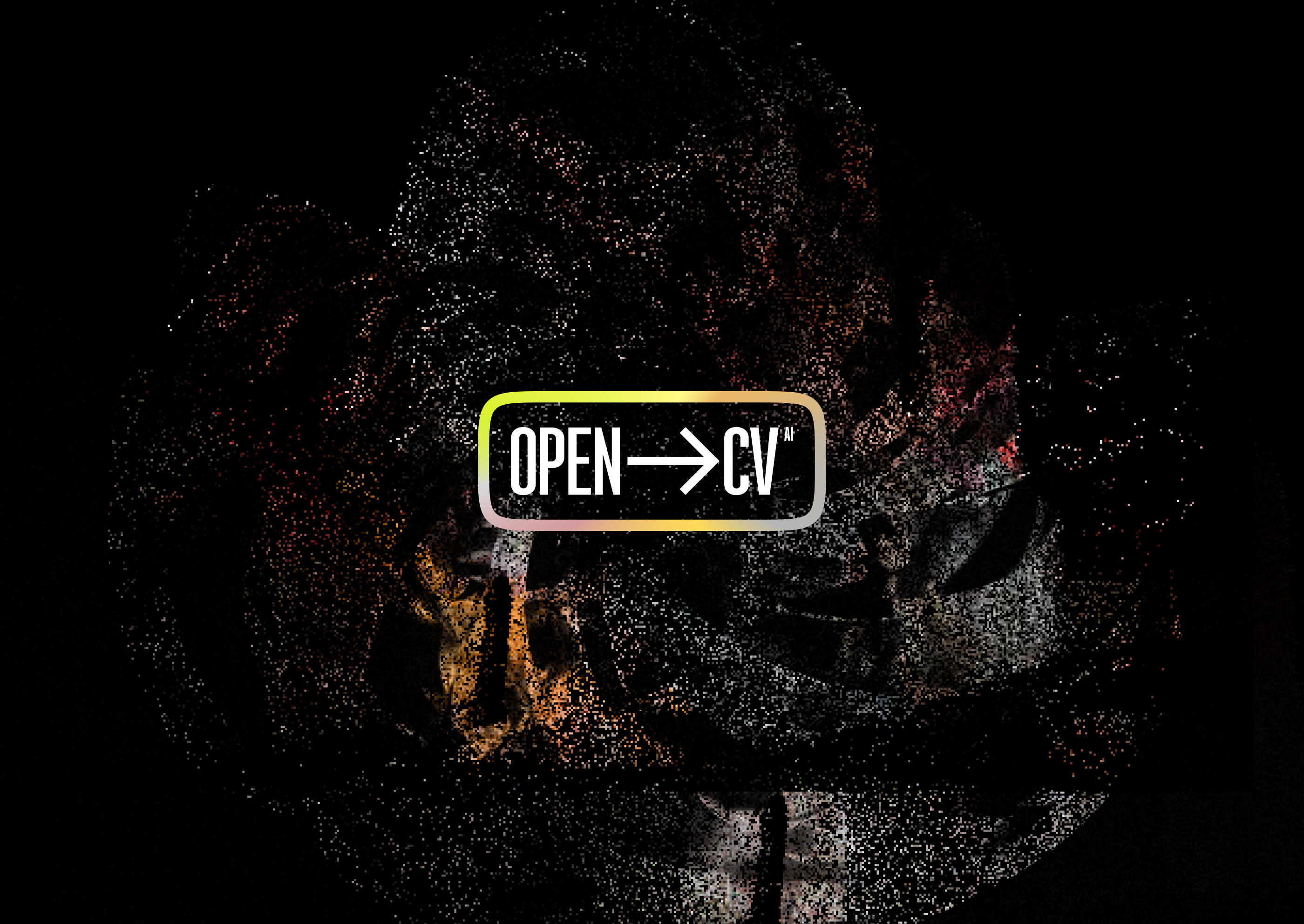

We are the very team behind OpenCV, which means that we have the know-how and experience to build production-grade solutions for our clients in OpenCV.ai. OpenCV has millions of downloads per month, a staggering number that proves the immense trust and value placed in our library by developers and businesses worldwide. We have the knowledge to create a CV library trusted by millions - and use it in CV and AI consulting projects.
Now, let's dive into the steps of our consulting process and their respective timelines:

The magic starts with data. We work closely with our clients to create large and diverse datasets. The time it takes for data collection depends on the client's data availability, but it usually ranges from 1 week to 1 month.

Once we have some data, we start the annotation process. This involves labeling images and videos with relevant information, which helps the neural network learn to recognize patterns and make sense of the data. Data annotation typically takes between 2 weeks and 1 month.

After some data has been annotated, we train a neural network on it. This phase usually takes around 2 months. We continuously improve the model through rigorous testing and fine-tuning, ensuring that it meets the desired accuracy and performance benchmarks. We keep iterating until the model is production-ready.

The final step is porting the neural network to the target inference platform and integrating it into the production environment. This process takes about 1 month, after which you'll have a fully functional model in your target production environment.
In addition to delivering the model, we also provide comprehensive documentation, full code, and any necessary training for your team. This enables you to work with the model and even retrain it in the future if needed.

By choosing OpenCV.ai, you're gaining access to our unique expertise and the credibility that comes with being connected to the world's largest CV library. We invite you to join us on this exciting journey of harnessing the power of computer vision. We're here to help you transform your business with our unparalleled experience and production-grade solutions.
Remember, we're not just selling a service – we're offering a partnership that will enable you to unlock the full potential of AI and CV in your business.
